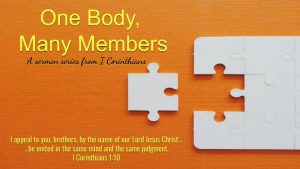Today’s passage: 1 Samuel 19:18-24
Helpful thoughts:
- In going to Samuel, David was running to the Lord for shelter.
- Saul was never going to defeat David because he was never going to defeat the Lord.
- Saul’s messengers did not prophesy until they arrived at Ramah. Saul was prophesying on his way. God wasn’t hunkered down and restricted in Ramah. Samuel was not restraining or casting a spell on these messengers once they arrived. God was (And is) in complete control.
- Saul had been rejected by God as king of Israel. It makes sense that he would not be able to prophecy for long while wearing the king’s robes.
Questions to consider:
- Why was David safe from Saul’s efforts to have him killed?
- If Saul and his messengers were prophesying the truth of God’s will, what kinds of things would they have been saying? What would they have been confirming? What sin might they have been rebuking?
- How can a passage like this help you to trust in God during hard times? God hasn’t promised that you will be the king of Israel, but what has He promised? (Romans 8:28-39)
